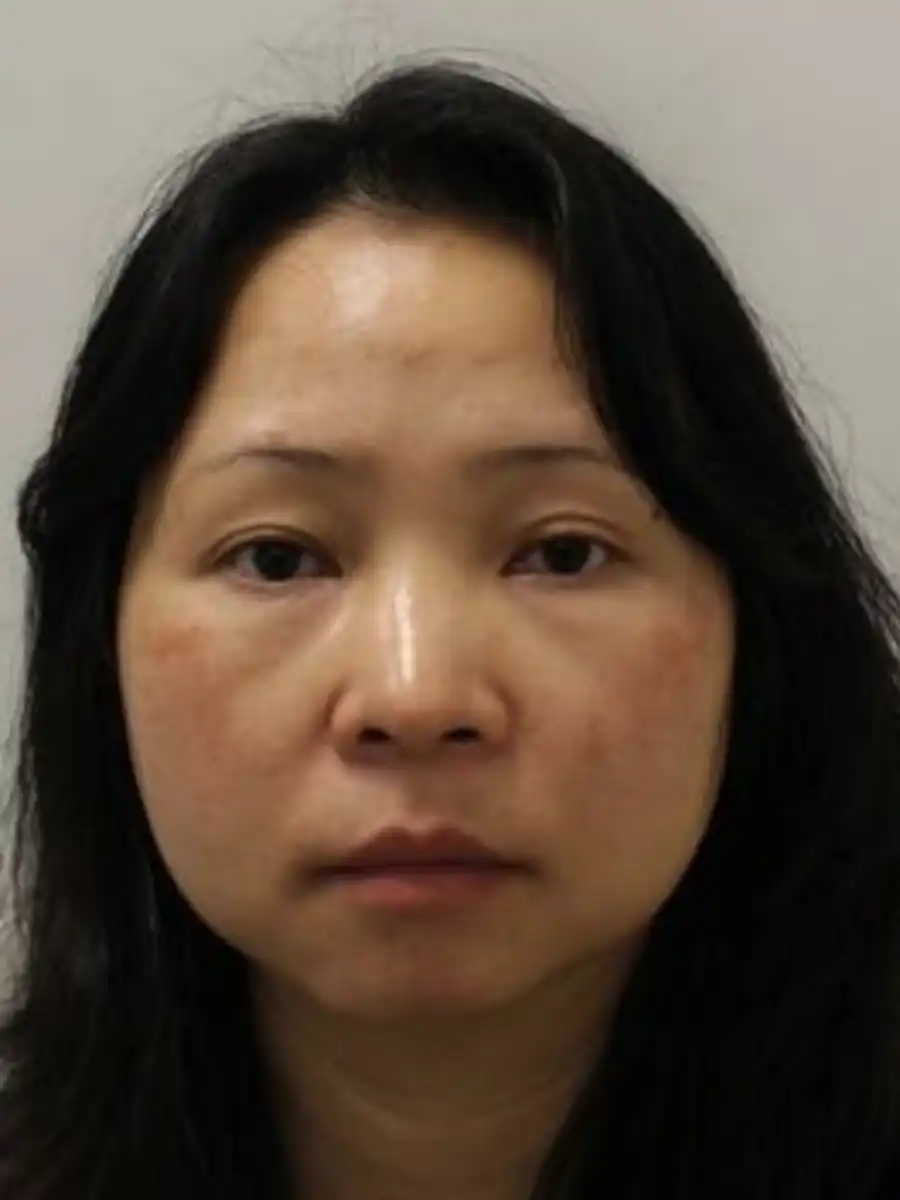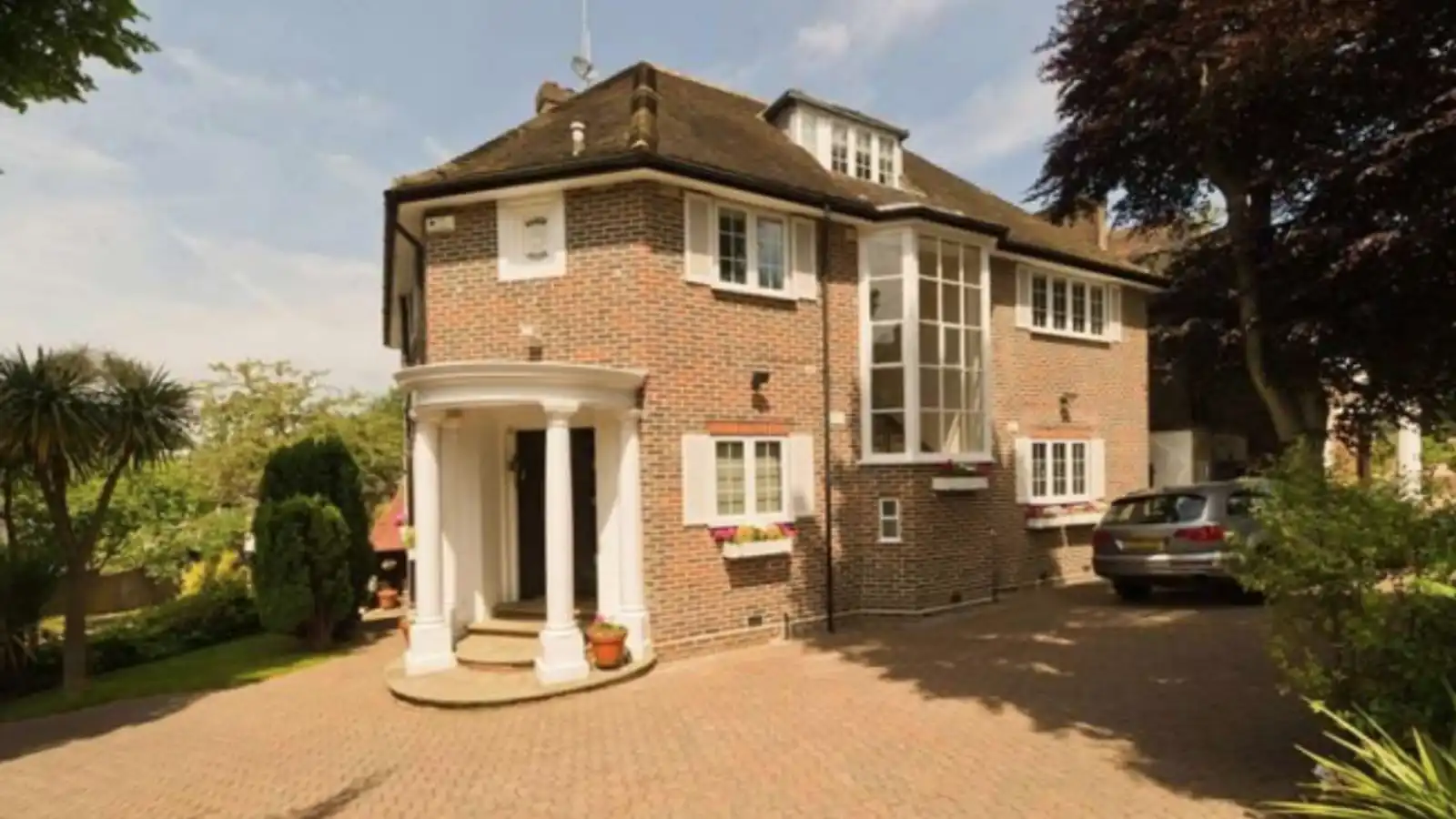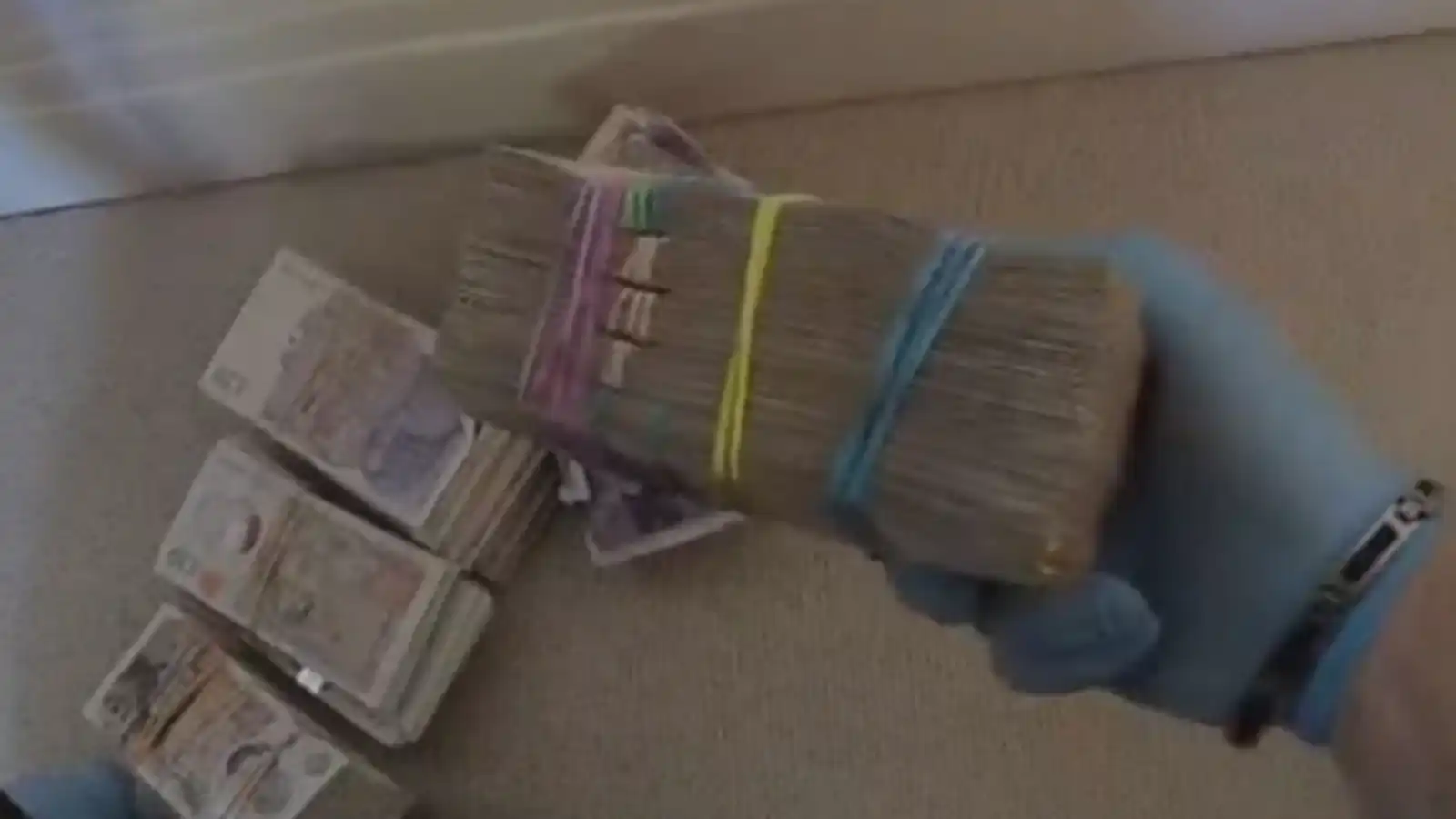Original Title: "How Chinese takeaway worker led police to Bitcoin worth £3bn in Britain's biggest ever cryptocurrency seizure"
Original Author: Henry Vaughan
Original Translation: Sleepy.txt, BlockBeats
Editor's Note: Recently, with the main perpetrator Zhimin Qian (also known as Yadi Zhang) pleading guilty in a London court, this case involving over 61,000 Bitcoins and a value of up to £5.5 billion has finally reached a critical juncture. It is the largest cryptocurrency case in the UK to date, and an ordinary Chinese takeaway worker in London became embroiled in a vast money laundering network spanning China and the UK.
The story begins dramatically. Jian Wen, a single mother living a modest life in London, met the mysterious wealthy woman Zhimin Qian through a housekeeper recruitment ad on WeChat. Soon, her life was completely rewritten, moving from a dormitory above a takeaway shop to a £17,000-a-month mansion in Hampstead, driving a Mercedes, buying luxury goods, and traveling the world. On the surface, it appears to be a "sparrow turning into a phoenix" story, but behind it lies a vast criminal abyss.
The source of this huge sum can be traced back to 2014 to 2017. During those years, Zhimin Qian orchestrated a large-scale investment scam in China, defrauding over 128,000 investors, most of whom were elderly. She then converted this money into Bitcoin and fled to the UK with the digital assets. Jian Wen's role was as her agent in London, responsible for laundering the dirty money.
Their money laundering methods were simple and crude, buying jewelry, luxury watches, and high-end cars, even targeting top properties in London, including a seven-bedroom mansion priced at £23.5 million. This level of spending starkly contrasted with Jian Wen's declared income (less than £6,000 a year), which triggered the UK's anti-money laundering alarms and exposed the entire criminal network.
Will Lyne, head of the Economic and Cyber Crime Command at the Metropolitan Police, stated that this is one of the largest money laundering cases in British history and one of the highest-value cryptocurrency cases globally. He explained that through meticulous investigation and unprecedented cooperation with Chinese law enforcement, the police ultimately gathered enough evidence to confirm that the crypto assets Qian attempted to launder in the UK were derived from crime.
The investigation took seven years and was a transnational manhunt. It revealed how cryptocurrencies can be used to transfer and hide illegal proceeds, reflecting the complexity of modern financial crime. The Metropolitan Police closely collaborated with law enforcement teams in Tianjin and Beijing, ultimately bringing the main perpetrator to justice.
Jian Wen was sentenced to six years and eight months in prison for money laundering in May 2024, maintaining that she was deceived and exploited. Now, with the main perpetrator Zhimin Qian pleading guilty, the final link in this criminal chain has been established, and she awaits the law's judgment.
Below is an in-depth investigative report written in 2024, documenting the ins and outs of the largest cryptocurrency money laundering case in British history.
In September 2017, a few weeks after Yadi Zhang arrived in London, Jian Wen quit her job at a Chinese takeaway and moved out of the staff dormitory into a six-bedroom mansion worth £5 million near Hampstead Heath.
The two claimed to be running an international jewelry business, engaging in diamond and antique trade in Japan, Thailand, and China. They traveled the world, spending tens of thousands of pounds on designer clothing and shoes at Harrods.
During this new life, Wen purchased a £25,000 Mercedes E-Class and enrolled her son in a preparatory school with a tuition fee of £6,000 per term.
However, when she attempted to purchase some of London's most expensive properties, alarm bells rang. These properties included a £23.5 million seven-bedroom mansion with a swimming pool and a £12.5 million villa equipped with a cinema and gym.
Yet, Wen declared an income of only £5,979 for the 2016/17 fiscal year and could not explain the source of the Bitcoins used to pay for the properties. On October 31, 2018, the police conducted their first raid on the two's residence.

Jian Wen on trial at Southwark Crown Court. Image source: CPS
It wasn't until two and a half years later that investigators realized they had actually completed the largest cryptocurrency seizure in British history, confiscating over 61,000 Bitcoins from a digital wallet.
These Bitcoins were worth approximately £1.4 billion at the time, and by March 2024, their market value had exceeded £3 billion. Of the Bitcoins related to the case, 23,308 are still in circulation, now valued at over £1 billion.
£5 billion investment fraud case
Court testimony revealed that these Bitcoins originated from a £5 billion investment scam orchestrated by 45-year-old Zhang in China. Between 2014 and 2017, she defrauded nearly 130,000 investors through a fraudulent wealth scheme and then entered the UK using a fake St. Kitts and Nevis passport.
Wen was not charged with participating in the fraud itself. Zhang's real name is Zhimin Qian, and she has since fled the UK and remains at large.
42-year-old Wen was found guilty of one count of money laundering committed between October 2017 and January 2022. The jury at Southwark Crown Court could not reach a consensus on two other similar charges. The prosecution stated they would not seek a retrial, and Wen is set to be sentenced on May 10.

They rented a house in Hampstead for £17,000 a month. Image source: CPS
In last year's trial, 10 other money laundering charges for which Wen was acquitted were not publicly reported. This was due to concerns that disclosing related figures could attract hackers targeting companies holding the seized cryptocurrency.
As an A-class prisoner, Wen, petite and wearing large round glasses, was handcuffed and brought to the witness stand. While she testified, two court officers stood at the door.
She told the jurors about her background: born into a working-class family in China, she later met her husband Marcus Barraclough and came to the UK on a spouse visa in 2007 when she became pregnant.

Wen visiting a Lindt chocolate shop in Switzerland. Image source: Metropolitan Police
Wen's lifestyle transformation
After her son was born, the marriage broke down, and Wen lived a modest life in Leeds, where she obtained a law diploma and a bachelor's degree in economics. In the summer of 2017, she moved to London.
At that time, she had already opened a cryptocurrency account and was keeping detailed records in a notebook featuring animated characters. But she claimed she was "completely unaware" that she would soon be involved in such large Bitcoin transactions.
While working at a Chinese takeaway in Abbey Wood, Southeast London, she applied for dozens of jobs and lived in a room below the restaurant. It was only after seeing a housekeeper recruitment ad on WeChat that she first met Zhang at the five-star Royal Garden Hotel in Kensington. After that, she listed this job on her resume as "private assistant to high-net-worth individuals."
Soon after, the two paid a £40,000 deposit and six months' rent in advance to move into a £17,000-a-month house in Hampstead. Subsequently, Wen traveled to Thailand and Dubai, and the two frequently visited various European countries. Zhang used aliases like "Rose," "Emma," and "Hua Hua" to deliberately avoid countries with extradition agreements with China.

Wen attempted to purchase properties in Hampstead. Image source: Metropolitan Police
Hampstead mansion and Tuscan villa
They converted Bitcoins into cash to purchase high-priced jewelry. Receipts show they spent £25,600 and £18,750 at Zurich's Christopher Walser Vintage Diamonds; at Switzerland's Van Cleef & Arpels, they bought two watches priced at approximately £49,300 and £69,900, respectively.
In the last three months of 2017, Wen's membership card at Harrods recorded spending exceeding £90,000, covering women's clothing, jewelry, and shoes. She argued in court, "I was just responsible for carrying the bags."
Wen also purchased two apartments in Dubai for a total price exceeding £500,000 and once considered buying an 18th-century villa with sea views in Tuscany for £10 million.

Wen traveling in Germany. Image source: Metropolitan Police

Bundles of cash discovered during police raids. Image source: CPS
Their attempts to purchase properties in London triggered anti-money laundering reviews. Due to the inability to explain the source of the Bitcoins, all these multi-million-pound transactions fell through.
Initially, Wen claimed the cryptocurrency came from mining, but later changed her story to say it was a "gift of love." She even drafted a gift deed stating that Zhang had given her 3,000 Bitcoins, which were then worth about £15 million.
The prosecution argued that Wen actually played the role of an agent, helping to cover up the source of the stolen funds, which were converted into cryptocurrency to facilitate their transfer out of China.
Barrister Gillian Jones pointed out during the trial that when Zhang arrived in London, she needed to liquidate the Bitcoins or convert them into "property, jewelry, or other high-value items."
Wen admitted to being involved in some arrangements for handling Bitcoins but insisted she did not know these assets were derived from crime. She emphasized that she was deceived by her "boss": "We were very close… but looking back now, I was severely exploited. I don't know where she is."
The police stated they are still actively pursuing Zhang.
免责声明:本文章仅代表作者个人观点,不代表本平台的立场和观点。本文章仅供信息分享,不构成对任何人的任何投资建议。用户与作者之间的任何争议,与本平台无关。如网页中刊载的文章或图片涉及侵权,请提供相关的权利证明和身份证明发送邮件到support@aicoin.com,本平台相关工作人员将会进行核查。



